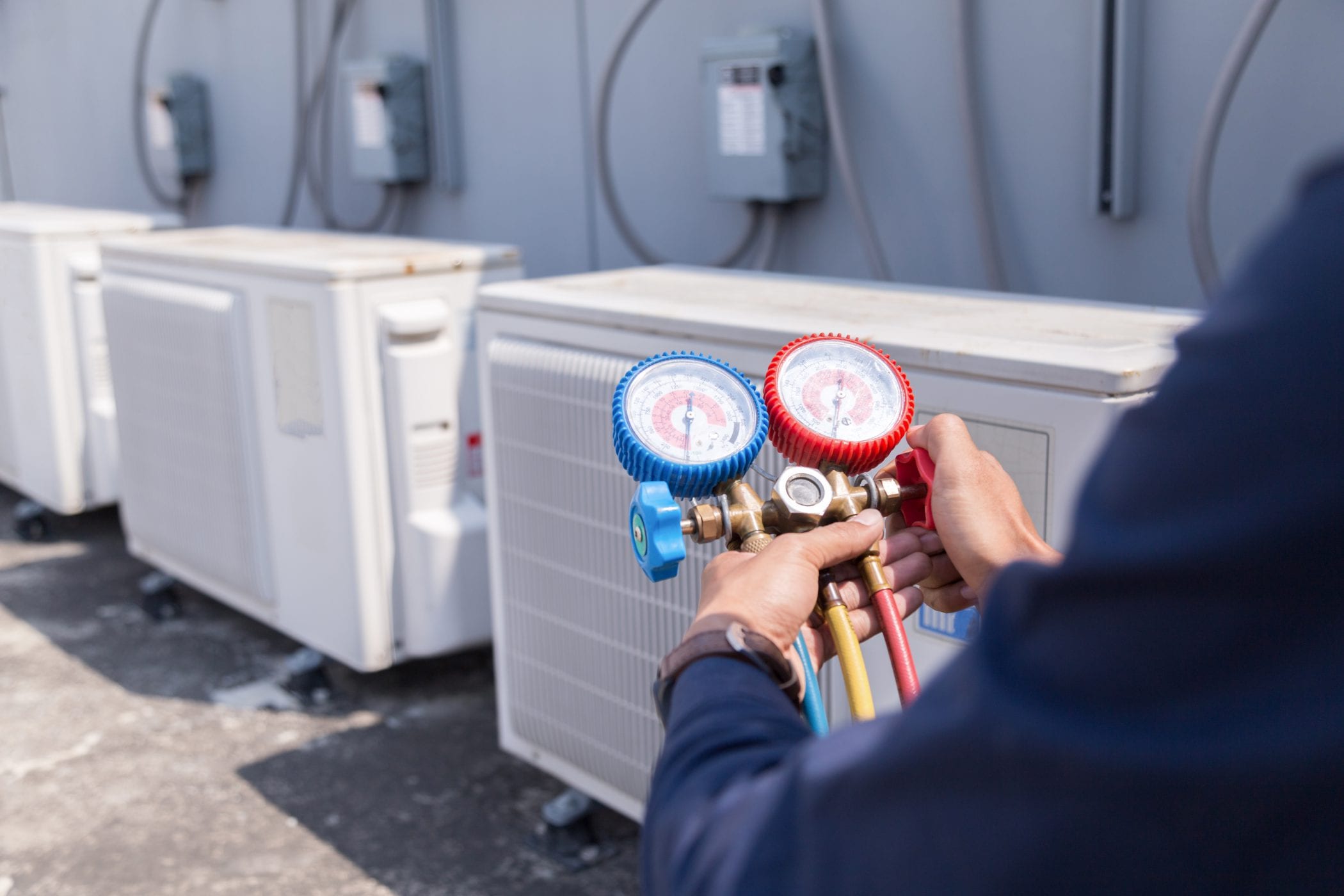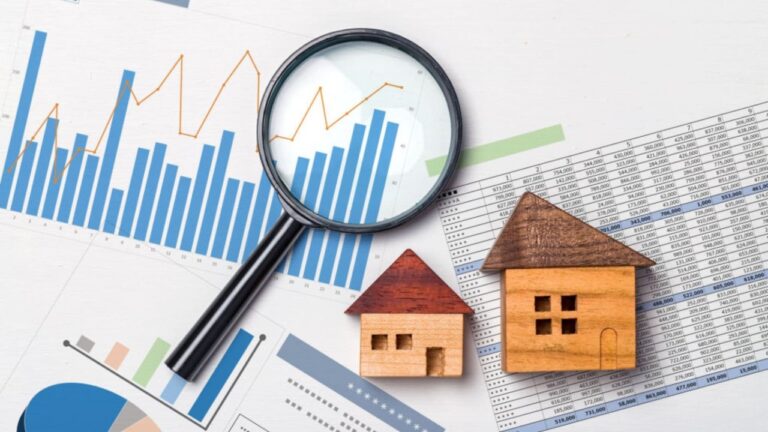
The beautiful coastal location and warm climate of St. Augustine, FL attracts tourists and residents alike. The humid and hot summers and the mild winters require ventilation and reliable heating and air conditioning (HVAC) systems to ensure comfortable indoor environments year round.
Maintaining optimal temperatures, improving indoor air quality, and controlling humidity levels are crucial for any HVAC St Augustine residents will want to keep the temperature cozy during a chilly winter night and cool during a scorching summer day. Below is everything you need to know about maintaining your HVAC system in St. Augustine, or anywhere else in Florida.
About HVAC Systems
HVAC systems are the heroes keeping our businesses and homes comfortable. These systems work non-stop to ensure proper ventilation and indoor air quality and regulate temperatures. Here are the fundamental aspects of an HVAC system:
1. Heating
This system is responsible for keeping the space warm during cold periods, and it is powered by energy sources like solar, oil, electricity, and natural gas.
2. Ventilation
This is a process of exchanging indoor and outdoor air to maintain a healthy and fresh indoor environment. Proper ventilation removes stale air, odors, and contaminants while introducing fresh outdoor air. HVAC systems like filters, ductwork, and fans ensure adequate airflow.
3. Air conditioning
This is vital in regions with humid and hot climates. Air conditioning reduces humidity levels for comfort and cools indoor spaces. The unit uses condensers, evaporators, compressors, and refrigerating cycles to dehumidify and cool the air.
4. Controls and thermostats
The system’s controls allow users to regulate humidity, monitor temperature, and adjust other settings. The thermostat and controls enable energy management, scheduling, and customization, providing users with control over energy optimization and indoor climate.
5. Ductwork
This is a distribution network for the HVAC unit to the rest of the home or building. Properly insulated and well-designed ductwork ensures efficient airflow and minimizes energy loss. It connects individual zones or rooms to the HVAC system.
Climate Conditions
While Florida is generally considered a hot place, residents need more than just air conditioning. St. Augustine and other coastal cities in particular experience a range of other climate conditions including:
1. High humidity
Excessive humidity can make indoor spaces uncomfortable, promote mold and mildew growth, and impact indoor air quality. To reduce humidity and ensure a more pleasant indoor environment, it is important to install effective ventilation in addition to air conditioning St Augustine is a region that experiences high humidity levels, so proper ventilation is a must.
2. Hot summers
Summers are characterized by sweltering heat, with temperatures often soaring into the 90s or higher. HVAC systems must provide reliable cooling and maintain comfortable indoor temperatures even during hot days.
3. Mild winters
While winters are relatively mild compared to northern regions, occasional chilly days and nights do occur. HVAC systems must provide adequate heating to keep indoor spaces cozy during these cooler periods.
4. Hurricane season
HVAC systems must be designed and installed with the resilience to withstand high winds and potential power outages. Additionally, homeowners may consider investing in backup power sources, such as generators, to ensure the continued operation of essential HVAC systems during such events.
Common HVAC Issues
Like any other piece of complex machinery, HVAC systems may experience problems that impair functionality and reduce interior comfort. Below are some common HVAC issues faced by residents and businesses:
- Inadequate cooling: Inadequate cooling can result from various factors, including refrigerant leaks, dirty air filters, malfunctioning thermostats, or worn-out components. Insufficient cooling can lead to discomfort, high humidity levels, and increased energy consumption.
- High humidity: HVAC systems play a crucial role in controlling humidity levels, but they can experience issues that result in elevated humidity indoors. Problems such as malfunctioning dehumidifiers, clogged condensation drains, or improper system sizing can lead to excessive moisture and create an uncomfortable, damp environment.
- Noisy operations: Unusual noises coming from your HVAC system may indicate deeper problems that must be addressed. Loose parts, worn-out belts, broken fan blades, and malfunctioning motors can all result in noises like banging, rattling, grinding, or screeching. Ignoring these noises might result in system failure and further damages. In order to quickly diagnose and fix these problems and return to silent operation and ideal performance, you should seek out HVAC services St. Augustine offers.
- Airflow problems: Insufficient or uneven airflow is a prevalent issue in HVAC systems that can affect heating and cooling performance. Factors such as blocked vents, dirty ductwork, damaged blower motors, or improper equipment sizing can hinder the proper distribution of air throughout the building. This can result in hot or cold spots, reduced comfort, and increased energy consumption.
Conclusion
A top-notch HVAC unit provides more than just air conditioning. St. Augustine residents require proper ventilation, dehumidifying, heating, and a robust system that can withstand extreme temperatures and weather conditions. By considering proper system sizing, investing in high-efficiency equipment, conducting regular maintenance, and implementing energy-saving practices, you can optimize the performance of your HVAC system while minimizing its environmental impact and energy costs.





